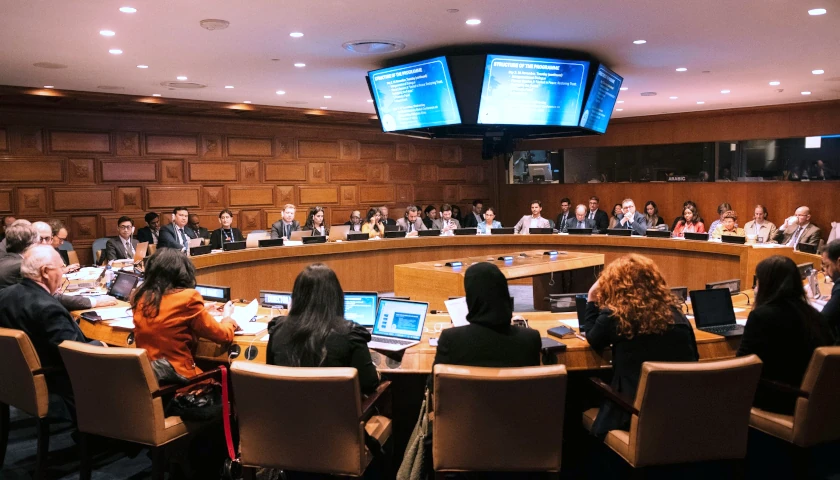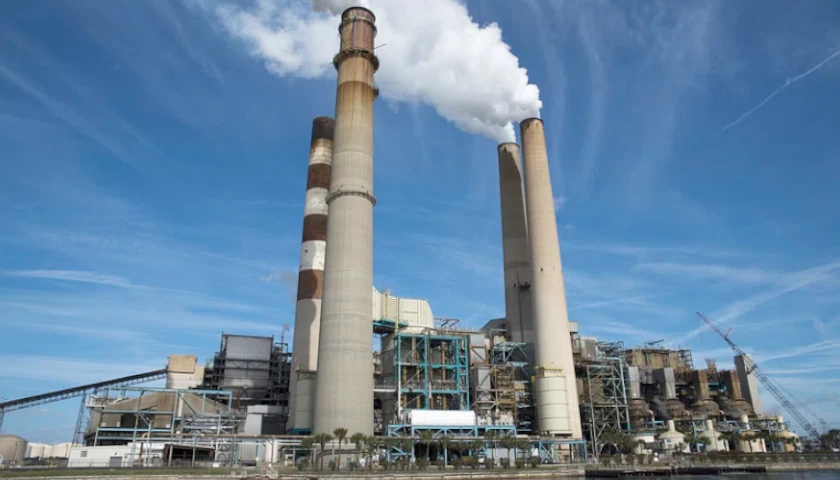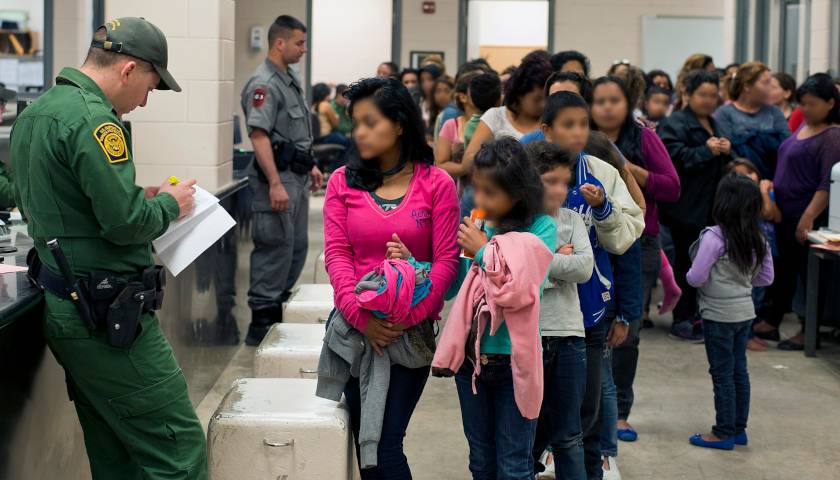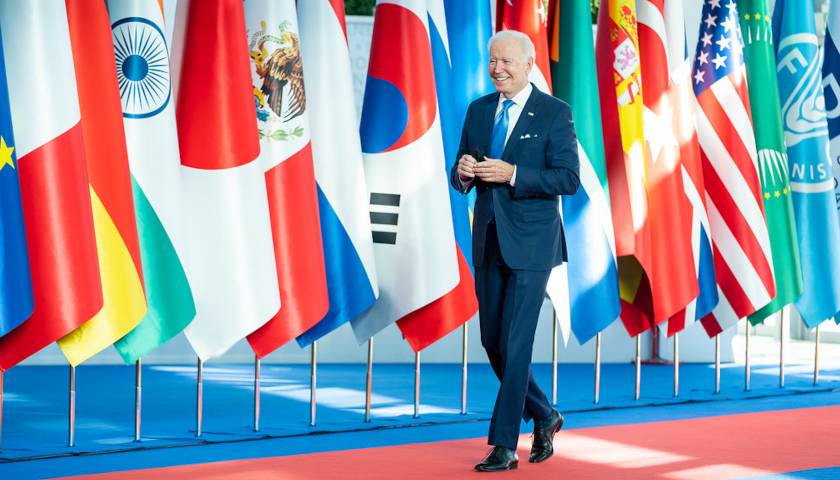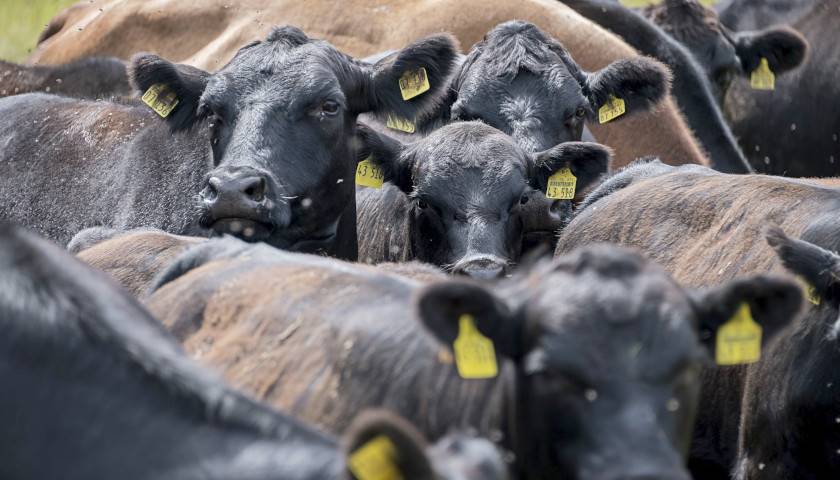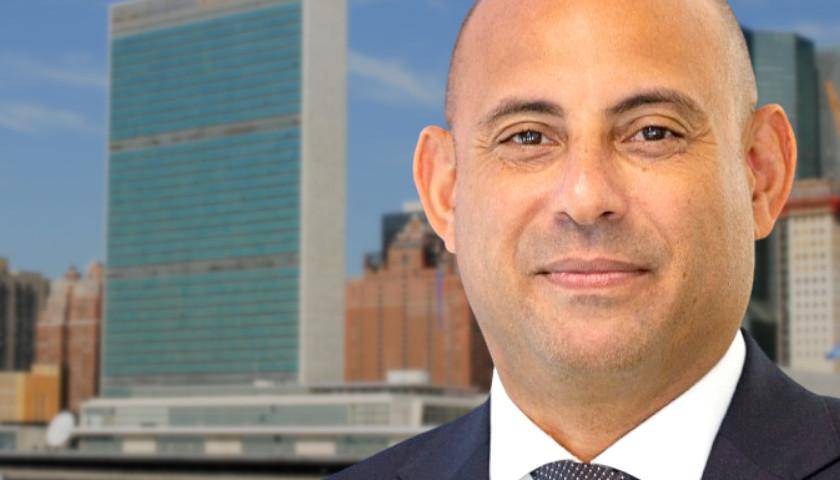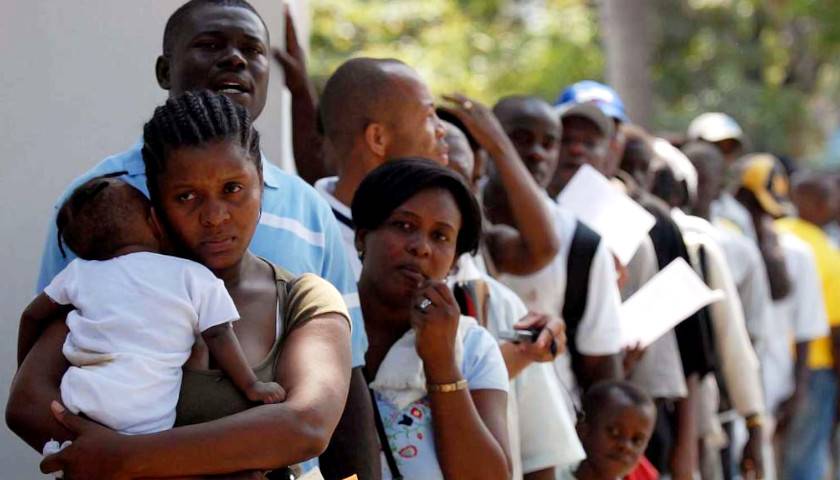The second Trump administration may presage the significant retrenchment, if not collapse, of what critics call the censorship-industrial complex, a symbiotic and sometimes coercive relationship among the U.S. government, private researchers and Big Tech to suppress disfavored narratives and political movements such as populism.
Read MoreTag: United Nations
Trump Chooses GOP Rep. Elise Stefanik as U.S. Ambassador to UN
President-elect Donald Trump has picked Republican New York Rep. Elise Stefanik for the role of the U.S. ambassador to the United Nations (UN).
Read MoreCommentary: The Hidden Agenda Behind Your Town’s Local Planning Policies
In nearly every community of the nation the policy called Sustainable is the catch-all term for local planning programs, from water and energy controls to building codes and traffic planning. The term “sustainable” was first used in the 1987 report called “Our Common Future,’ issued by the United Nations Commission on Environment and Development (UNCED). The term appeared in full force in 1992 in a United Nations initiative called Agenda 21.
Read MoreCommentary: The World Needs Fossil Fuels
It’s summer, and the Sierra Club says: “This is climate change in action. We are living it.”
The United Nations’ secretary-general declares that “a fossil fuel phaseout is inevitable.” And The Lancet, a respected medical journal, insists that nations must swiftly transition away from hydrocarbons.
Read MoreBiden Signs Order to Limit Asylum Requests at the U.S. Border
The president of the United States, Joe Biden, signingAn executive order this Tuesday that will allow him to drastically limit asylum requests on the border with Mexico if the number of migrant arrests exceeds a specific threshold, the EFE news agency reported .
This order will allow US authorities to deport those who do not meet strict asylum standards when the number of 2,500 people detained at the border for an average of seven days is exceeded, senior US officials told the press.
Read MoreCommentary: Signs of America’s Declining Power and the Emerging Multipolar World
During Bush’s years as president, Democrats frequently criticized his foreign policy, complaining that he acted like a cowboy, pursuing wars unilaterally without the imprimatur of the “international community.” Internationalism was a particular obsession of 2004 Democratic presidential nominee John Kerry, who lambasted the Bush administration for snubbing the United Nations and upsetting France with its Iraq policy.
Obama was mostly a darling of foreign leaders, as he ceded American power and prestige in a bid to right what he considered the historic wrongs of colonialism and western chauvinism. This was evident in his obsession with completing the Iran deal, participating in the Kyoto accords, assisting NATO attacks on Libya and Syria, and in the general tone of public diplomacy during the Arab Spring.
Read MoreDemonized as Contributing to Climate Change, Cattle May Actually Decrease Emissions, Research Shows
Few things have escaped environmentalists’ scorn, and even cows have not been exempt from blame for climate change. Emissions from livestock production have become an increasing focus of efforts to fight climate change. The United Nation’s Food and Agriculture Organization estimates that 11.1% of emissions worldwide come from livestock production, and the organization released a report last year urging Americans to eat less meat. If people aren’t eating meat, the argument goes, then fewer cows are produced. If there’s fewer cows, there’s less emissions.
However, research by pro-agribuisness outfits Alltech and Archbold suggests that the thinking on reducing emissions at the source is missing a bigger picture on cattles’ relationship with the land, and possibly, by removing grazing from pastures, emissions will actually go up.
Read MoreUN Climate Official Warns Only ‘Two Years’ to Save World from Environmental Crisis
A United Nations climate official issued a dire warning by claiming that only “two years” remain to save the world from an environmental crisis.
“When I say we have two years to save the world, it begs the question – who exactly has two years to save the world? The answer is every person on this planet,” UN climate official Simon Stiell said Wednesday during a speech at the Chatham House think tank in London.
Read MoreCommentary: The Many Ways a Porous Border Means Crime Without Boundaries
When President Biden’s supporters attacked him for describing the man who allegedly murdered Georgia co-ed Laken Reilly as an “illegal,” they shined a light on one of the most contested words in American politics.
The progressive push to describe border crossers as undocumented or unauthorized can also serve to downplay and obscure the massive issue of crime perpetrated and spawned by the influx of millions of migrants since Biden was elected – often in ways that leave the migrants themselves as victims.
Read MoreCommentary: The Human Tragedy in Haiti
Since late February, gang violence in Haiti has surged, overwhelming government and security forces and plunging the nation into further turmoil. The United Nations estimates that armed gangs now control 80 percent of the nation’s capital, Port-au-Prince.
The recent wave of violence in the Caribbean nation’s ongoing gang wars erupted as multiple armed groups banded together, pledging to oust Prime Minister Ariel Henry, who came to power after the assassination of President Jovenel Moïse in 2021 and announced postponing Haiti’s elections again last year.
Read More